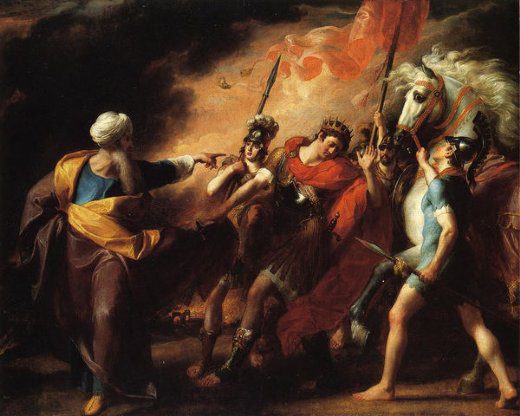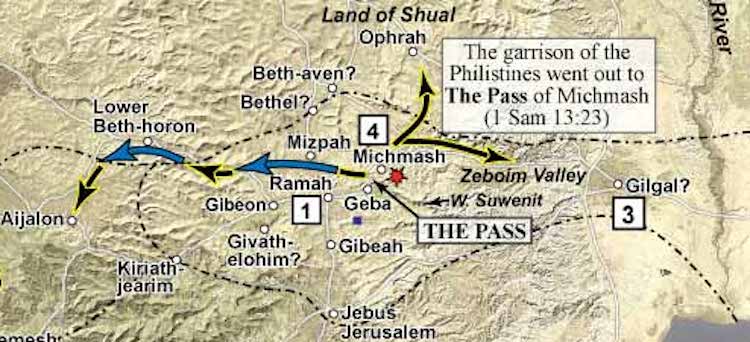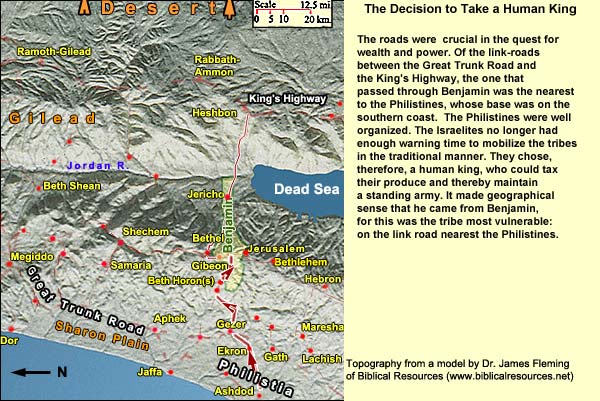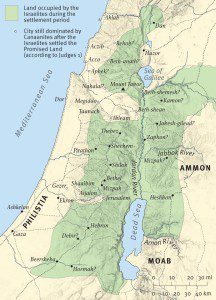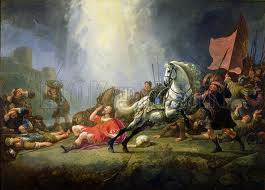
“Saul, Saul, why are you persecuting Me?”
Saul: a Jew of Some Reputation
We are familiar with Saul the first King of Israel, ultimately killed in battle then replaced by David. – שָׁאוּל
His Hebrew name šā’ûl means ‘desired,‘ however Saul of Tarsus was not the ‘hebrew of hebrews’ that any follower of The Way currently wants to meet.
A brilliant and well-educated man under the tutelage of Judah’s most respected Rabbi, Saul was an up-and-coming leader bound for greatness in the eyes of all of the sanhedrin. A keen observer of their political and religious tutelage, Saul seized his potential claim to fame just as the Apostles had disrupted all Jerusalem.
Saul: Witness at the Stoning of Stephen
ACTS 7 HNV
“Behold, I see the heavens opened, and the Son of Man standing at the right hand of God!”
But they cried out with a loud voice, and stopped their ears, and rushed at him with one accord. They threw him out of the city, and stoned him.
The witnesses placed their garments at the feet of a young man named Sha’ul.
They stoned Stephen as he called out, saying,
“Lord Yeshua, receive my Spirit!”
He kneeled down, and cried with a loud voice, “Lord, don’t hold this sin against them!” When he had said this, he fell asleep.
It had been some scene!
That was the day many disciples began fleeing Jerusalem and now, this Saul of Tarsus pursues them in hopes of more trials and executions like that of Stephen.

Acts of Saul in Damascus
Click for English, Ukrainian & Russian translations of Деяния 9
10 Now there was a disciple in Damascus named Ananias; and the Lord said to him in a vision, “Ananias.” And he said, “Here I am, Lord.”
And the Lord said to him,
“Get up and go to the street called Straight, and inquire at the house of Judas for a man from Tarsus named Saul, for he is praying, and he has seen in a vision a man named Ananias come in and lay his hands on him, so that he might regain his sight.”
ACTS 9:11-12 NASB – The Word of the Lord to Ananias in a vision
We have already witnessed the Apostles laying hands on people who then received healing. This disciple of Jesus, Ananias, may have witnessed such signs or perhaps even the stoning of Stephen.
Remember? Click here.
At this time Peter stood up among the brothers and sisters (a group of about 120 people were there together), and said,
Acts of the Apostles 1:15
“Lord, I have heard from many people about this man, how much harm he did to Your saints in Jerusalem; and here he has authority from the chief priests to arrest all who call on Your name.”
Do you fear a high official of the priestly court who has authority to murder you?
Of course you do; but it is the Lord speaking in a vision to this saint in Damascus.
15 But the Lord said to him,
“Go, for he is a chosen instrument of Mine, to bear My name before the Gentiles and kings and the sons of Israel; for I will show him how much he must suffer in behalf of My name.”
ACTS of the Apostles 9:15-16 – The word of the Lord to Ananias
Ananias anoints Saul
So Ananias departed and entered the house,
He placed his hands on him and said,
“Brother Saul,
the Lord Jesus, who appeared to you on the road you were traveling, has sent me so that you may regain your sight and be filled with the Holy Spirit.
OBEDIENCE to the Lord! on the part of Ananias.
The Lord says, GO, and he goes to Saul. And though he has good reason to fear him, Ananias fears the Lord more. He also addresses Saul as ‘brother.’ [Click here to see the embrace of this greeting to the saints.]

18 And immediately something like fish scales fell from his eyes, and he regained his sight,
and he got up and was baptized; and he took food and was strengthened.
Saul: Now I can see!
Савл проповедует в Дамаске
Click for translation.
Савл провел несколько дней с учениками в Дамаске
20 Immediately he began proclaiming Jesus in the synagogues:
Yeshua is the Son of God.
ACTS of the Apostles 9:20b, Complete Jewish Bible – Proclamation of Saul of Tarsus

You have to picture this NEW witness of Saul
.. in the synagogues, saying, “He is the Son of God.” 21 All those hearing him continued to be amazed, and were saying,
“Isn’t this the man in Jerusalem who was causing havoc for those who called on this name and came here for the purpose of taking them as prisoners to the chief priests?”
But Saul grew stronger and kept confounding the Jews who lived in Damascus by proving that Jesus is the Messiah.
Acts of the Apostle Saul 9:22
Many Days – Saul some three years later..
Luke records a little more of Saul’s conversion story in ACTS of the Apostles 9; however his reference to later readers some three decades later begins, ‘ὡς δὲ ἐπληροῦντο..’ that is: ‘When many days had elapsed..’
Saul, later records in his letter to the church in Galatia:
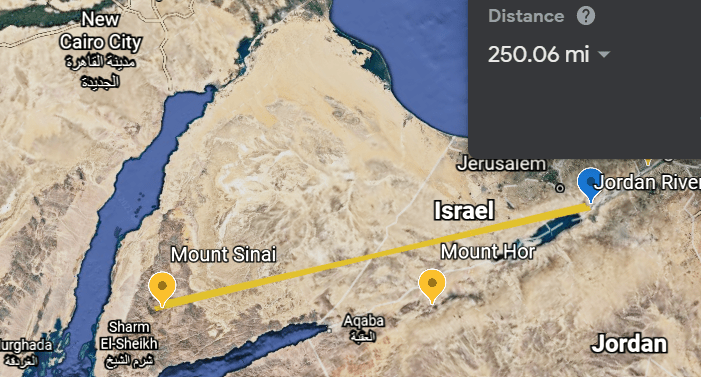
but I went away to Arabia, and returned once more to Damascus.
Then three years later I went up to Jerusalem to become acquainted with Cephas, and stayed with him for fifteen days.
Paul’s letter to the Galatians 1:17b [above] & 18 NASB20
ACTS of the Apostles - To be continued...
